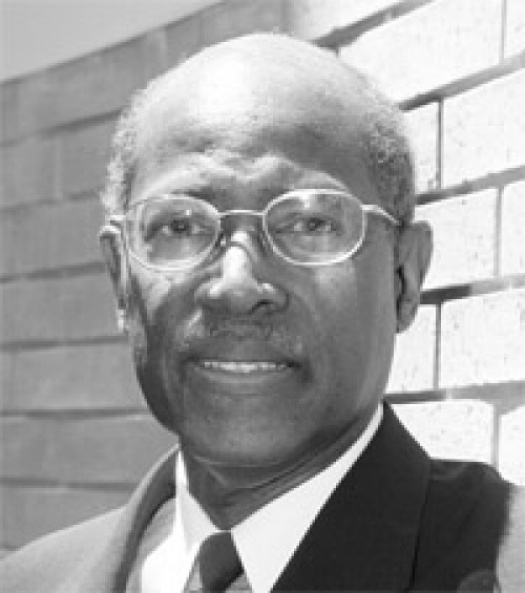
One might look at the Super Tuesday result for Sen. Barack Obama (D-Ill.) as a test of several propositions that have dogged his campaign to this point. There have been questions about whether he could be competitive with the white vote, whether he could
These questions are addressed in the context of the fact that he won 14 states to eight for Sen. Hillary Clinton (D-N.Y.) on Super Tuesday and more delegates, proving the general viability of his campaign. Obama came out of Super Tuesday somewhat less than 100 delegates behind Clinton, adding to the belief in his electability by splitting this mega voting event with someone who has been around the Democratic establishment for 15 years.
The strength of the clear challenge to Clinton by Obama is somewhat striking in light of her position as the wife of a Democratic governor in the mid-1980s and as president, giving her access to politicians, fundraisers, coveted resources and organizations in the Democratic party hierarchy. This means that even after the election, the Obama challenge must be reckoned with within the party governing framework in a variety of ways. But more on that later.
The vote for Obama in state after state with low/no Black populations such as Utah, North Dakota, Kansas, Alaska, Colorado, Idaho and Connecticut should at last put to rest whether he can win white voters. In fact, it is possible to suggest that average white and Black voters may be more moved by the Obama forward looking message of hope and change than Hispanic and Asian voters or more conservative white voters.
This means that as the election goes into the Washington and Nebraska Caucuses and Louisiana primary, Obama still is positioned to do well, since his campaign has proven its ability to mobilize in caucuses. One of the problems going forward is the lackluster support that Obama attracts from the Latino and Asian community. The Asian result is not surprising because of their heavily Republican vote and more support for more conservative Democrats.
Hispanics present a challenge to African Americans because of tensions around issues of political succession in some communities. However, the major challenge may be that recent immigrants have a distinct Latin American evaluation of Blacks, equating Blackness with poverty and low social status in general. In the context of Latin culture, money whitens and their motivation to associate themselves with affluence in America may often work against their support of Blacks.
Nevertheless, this perspective of offset somewhat by younger Latinos, since a survey featuring Latino respondents shows that although Clinton wins among all age groups, among those under 30, her support drops significantly.
This group, no doubt, will continue to be cultivated by the Obama campaign. Finally, the obvious strength of the Black vote has, no doubt, been reassuring to the Obama campaign, as it has gone over 85 percent in most of the Super Tuesday primaries and as the election calendar faces the Potomac elections on Feb. 12 in Virginia, Maryland and the District of Columbia, that vote is poised to support victories at least in Maryland and Washington.
If he also wins Virginia, there are 170 delegates at stake which brings him into a tie with in the delegate race with Clinton. But if he wins the Maine and Washington caucuses, he stands a chance of pulling ahead with at least 70 more. So, the performance of the Obama campaign has been substantial to this point and it continues to be on the brink of breaking out.
That is a historic position to observe for an African American candidate for president as we move into Black History Month. And it may not be the last historic feat that this campaign attains. (AP)
______ Copyright 2008 Associated Press. All rights reserved. This material may not be published, broadcast, rewritten, or redistributed.


